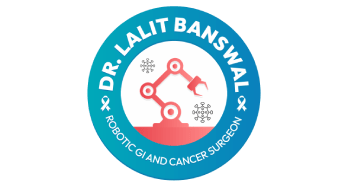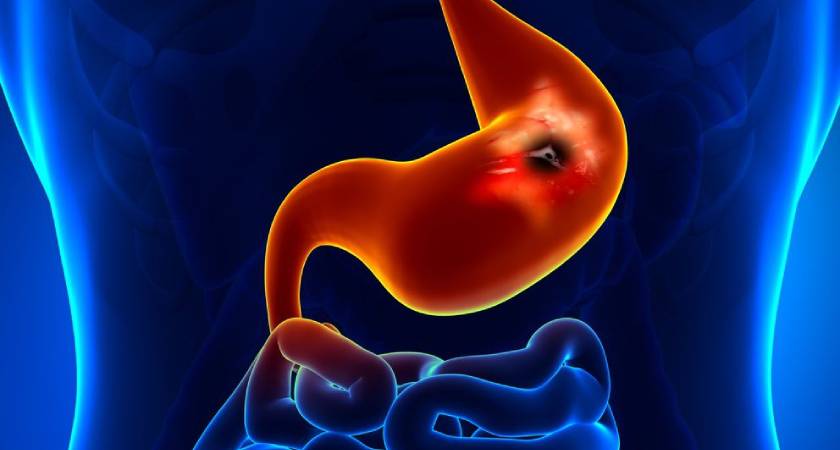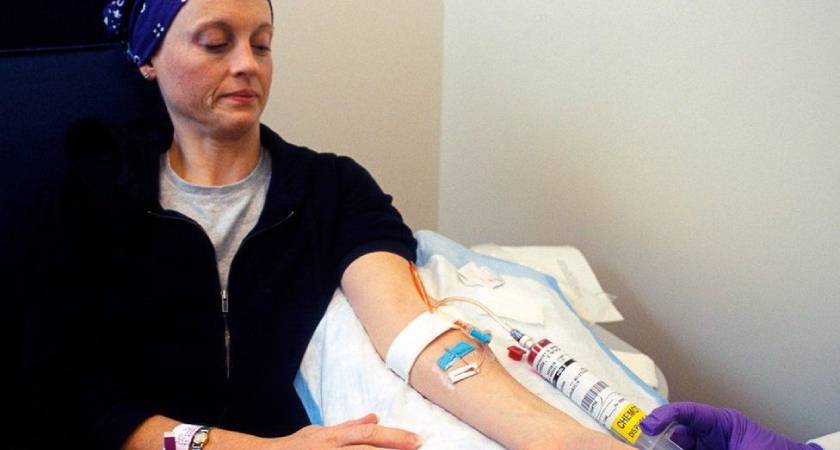Did you know adopting a healthy diet is one of the best ways to potentially reduce your risk factors for stomach cancer?
As with most cancers, doctors may not always be able to explain why one person gets stomach cancer and another does not. Stomach cancer is cancer that starts everywhere in the stomach. It is not very easy to diagnose stomach cancer because it has progressed slowly over the years and people do not always experience symptoms in the early stages and therefore always go unnoticed.
Although the incidence of stomach cancer has declined worldwide, it still remains the fourth most common cancer in India and the third most common in men.
Gastric or gastric cancer is sometimes associated with known risk factors that increase the likelihood of developing the disease. Knowledge of gastric cancer risk factors is therefore a step in the right direction. Some risk factors, such as family history, are beyond your control, but other risk factors, such as diet and tobacco smoking, are things you can absolutely influence.
It is important to realize that avoiding risk factors does not guarantee that you will not get cancer. Also, most people who have a certain risk of causing cancer will never get the disease.
Stomach Cancer Prevention Tips
- Healthy diet: Eating foods high in fiber, vitamin A and vitamin C can reduce the risk of stomach cancer.
- Reduce salt intake: Excessive salt intake has been identified as a potential risk factor for stomach cancer. Therefore, reduce or reduce the amount of salt you add to your diet.
- Include a lot of fruits and vegetables in your diet: Try to include different fruits and vegetables in your daily diet. Citrus fruits such as oranges, lemons, and grapefruits can help.
- Quit Smoking: Quitting smoking is probably the best decision you can make for your health. It reduces the risk of many cancers, including cancer of the stomach, head, and neck, larynx, esophagus, lungs, bladder, kidneys, and pancreas.
- Drink alcohol: Limit the amount of alcohol you drink and do not use tobacco products.
- Limited intake of canned food: Avoid dirty and pickled food and salted meat and fish.
- Family history of stomach cancer: Talk to your doctor about the risks of developing stomach cancer, especially if you have a family history of stomach cancer, you have probably inherited DNA.


